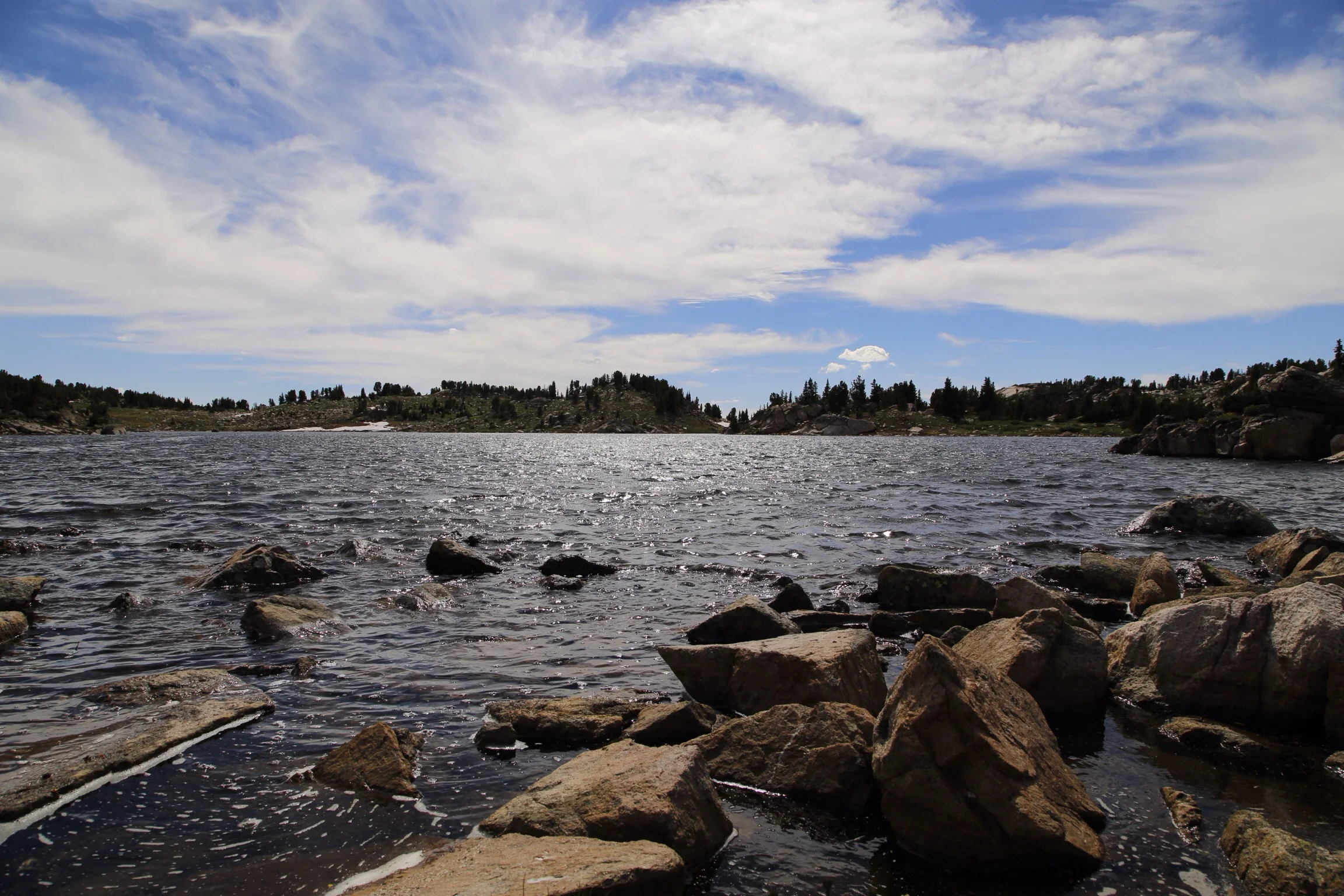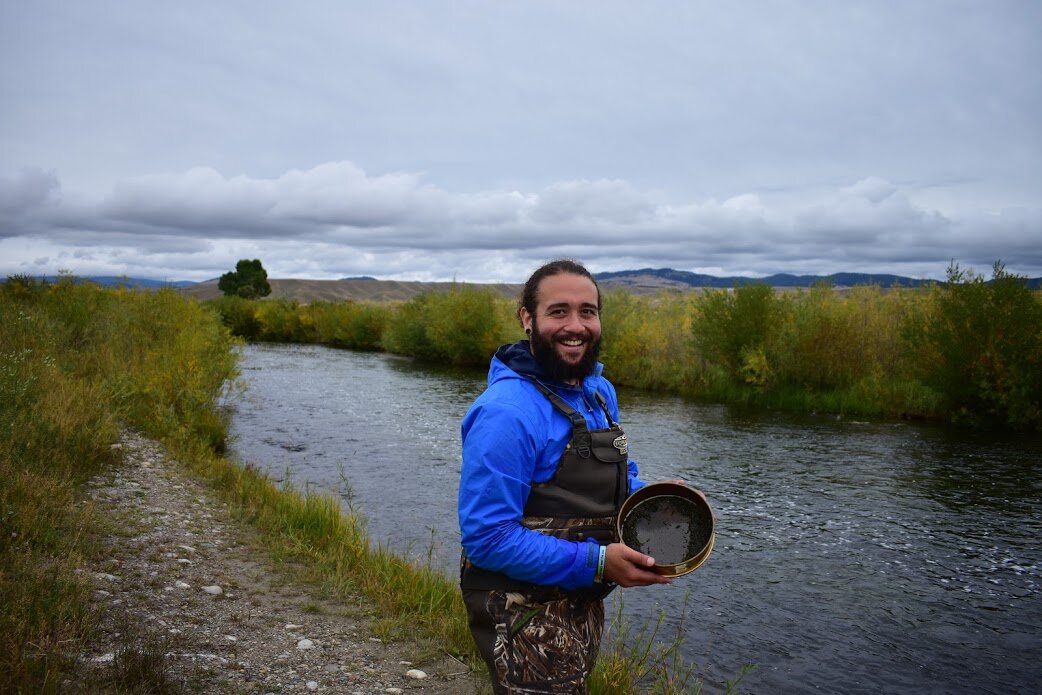jose Sanchez-ruiz
Using DNA metabarcoding techniques to evaluate responses of river food webs to heavy metals along the Clark Fork River, Montana
In an time where increasing anthropogenic disturbance (e.g., land-use, pollution, climate change) poses a significant threat to freshwater ecosystem, food webs can provide a powerful way to assess the impact of disturbance on ecosystem structure (e.g., diversity, abundance), and function (e.g., nutrient cycling, production, and energy flow).
Mining is a pervasive disturbance in the western US and represents the major source of heavy metal pollution in freshwater ecosystems globally. Jose A. Sanchez is a Ph.D. student at Montana State University researching how heavy metal pollution and nutrient contamination influence the structure and productivity, and energetic pathways of river food webs. Efforts to understand trophic ecology and impacts on ecosystem function has led to the development of next-generation molecular techniques such as eDNA and metabarcoding. In his research, he will use combination of traditional (i.e., diet analysis) and novel techniques (i.e., DNA metabarcoding) to construct energetic food webs that link food web structure and productivity to the exposure, pathways, and fates of heavy metals in the highly contaminated Clark Fork River, Montana. Explicit consideration of these factors across a gradient of contaminant exposure will both contribute to theory and provide valuable information for river managers as a massive restoration effort continues.

